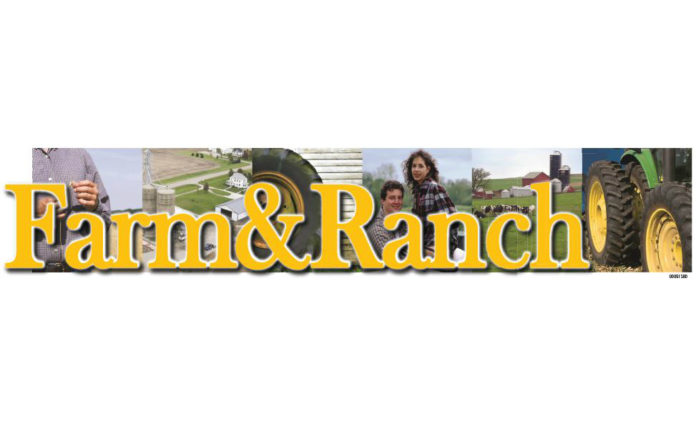The agriculture industry is facing a trio of directly impacting decisions as part of the Saskatchewan budget.
The budget confirmed the current partial Fuel Tax exemption for bulk purchase of gasoline will end effective April 1. In addition, the exemption for bulk purchases of diesel fuel is being reduced to 80 per cent of purchases. The province notes this measure reflects the changing nature of farming and primary production operations and on-road and personal use of this fuel.
The Saskatchewan Association of Rural Municipalities (SARM) expressed their disappointment in the decision to see the fuel tax exemption for bulk gasoline purchases be eliminated and the fuel tax exemption for diesel bulk purchases be decreased to 80 per cent.
SARM noted that since 1987, these tax exemptions have provided much needed tax relief to producers, who face steep costs to acquire and maintain the farm equipment necessary to feed the world.
The province also made the wide impacting decision to end the Saskatchewan Pastures Program (SPP), and the government will now consult on the future management of this land. The SPP includes 50 pastures incorporating approximately 780,000 acres of land, and the Southwest features seven pastures (Arena, Millie, Beechy, Matador, Dixon, Mankota and Meyronne).
“The SPP was originally created to help support the diversification of the industry,” explained Agriculture Minister Lyle Stewart. “However, our industry has evolved, as have the needs of producers. Managing private cattle is no longer a core business function of the government.”
The province will now begin public and stakeholder engagement during the last year SPP will operate in its entirety. An online survey to help determine how the affected pasture land should be managed will be available from March 27 to May 8 at www.saskatchewan.ca/pastures
In another budget cut, the Saskatchewan Grain Car Corporation is being wound down. Saskatchewan’s 13 commercial shortline railways will be given the first opportunity to purchase the 900 grain cars currently owned by the province.






